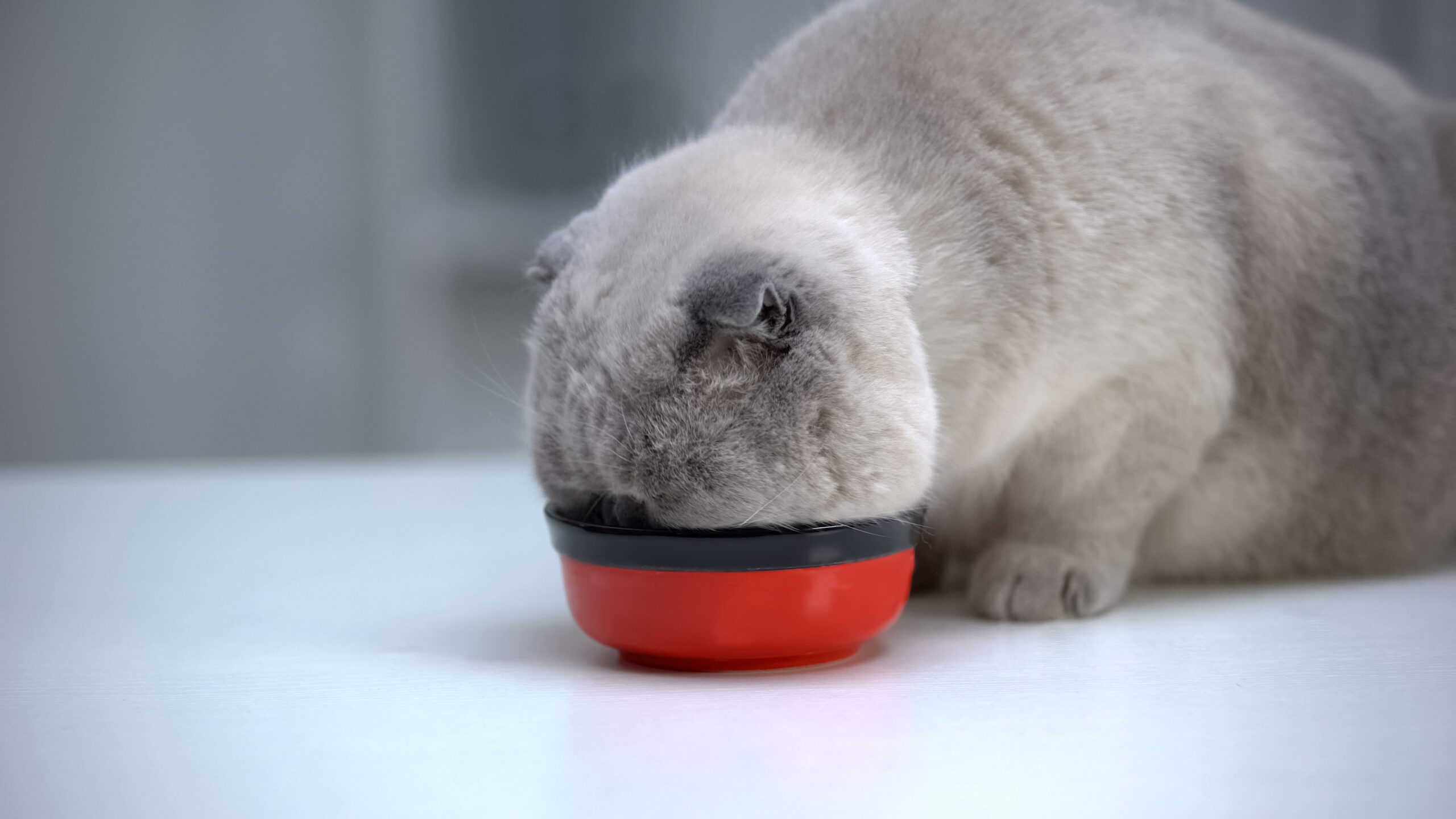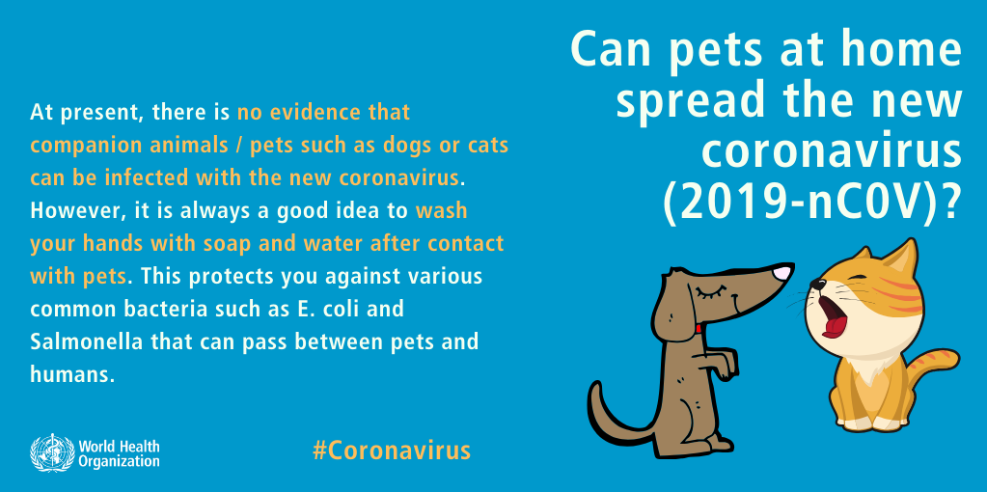
Is My Pet Really Overweight?
September 27th, 2023
At Newport Center Animal Hospital & Pet Suites, we emphasize the importance of maintaining an ideal weight. Regardless of a pet’s breed, size, or age, obesity can impact their overall well-being and quality of life. Our dedicated veterinarians and team are pleased to provide weight management support tailored to your pet’s unique needs. We’re all about helping our valued furry patients thrive!
Pet Obesity – A Growing Concern
Pet obesity continues to be on the rise, posing a serious health concern. Like humans, being overweight can increase the risk of a host of health concerns for your pet, including joint pain, diabetes, heart disease, kidney problems, and more.
Some leading causes of pet obesity include increasingly sedentary lifestyles, unhealthy foods, overfeeding, and too many treats and table scraps. Recognizing the signs of pet obesity and taking prompt action to battle the bulge will help promote a long, healthy, and vibrant life.
Is Your Pet Really Overweight?
How can you determine whether your pet is overweight? The Body Condition Score (BCS) is a tool veterinarians use to determine whether a pet is underweight, at an ideal weight, or overweight. It involves evaluating factors such as the appearance of the ribs, waist, and overall body shape.
The BCS scale ranges from 1-9, with 1 being extremely thin and 9 being obese. Ideally, a dog’s BCS ranges from 4-5, while a cat’s should be around 5. During your furry friend’s annual check-up, we’re happy to provide a thorough BCS assessment, offering insights into your pet’s health.
What Are Signs of Pet Obesity?
Visible signs of pet obesity may include the following:
- Lack of Waist Definition: If your pet’s abdomen appears more rounded than tapered, that could be a sign of being overweight.
- Ribs Not Easily Felt: While you should not see your pet’s ribs, you should be able to feel them under a thin layer of skin and fat – if you cannot feel the ribs, your pet may be overweight.
- Fat Pads: Extra fat may sometimes accumulate in various areas, forming noticeable fat pads, which are typically found near the base of the tail, over the hips, or on the chest.
- Difficulty in Movement: An overweight pet may show reluctance to play or exercise, struggle with physical activities, or become lethargic.
- Joint Problems: Excess weight can lead to problems like arthritis, difficulty moving comfortably, or a waddling or swaying gait due to joint strain.
- Trouble with Jumping or Climbing Stairs: Excess weight can make it difficult for your pet to jump onto furniture or climb stairs.
- Trouble with Grooming: Overweight pets, particularly cats, may find it challenging to groom those hard-to-reach areas.
Taking Control of Your Pet’s Weight
If your pet is overweight, our team at Newport Center Animal Hospital & Pet Suites is here to help. We will work with you on a weight management plan depending on your pet’s breed, age, weight, lifestyle, and any underlying health concerns.
Creating a weight management plan starts with an evaluation of your pet’s weight and a comprehensive health screening. Our team may recommend a special diet that’s low in calories but rich in necessary nutrients. We will work with you to determine ideal food types and portions, as well as a feeding schedule. We will also help you develop an exercise routine to help your furry companion stay active and promote a healthier weight.
Weight Management Near Me in Newport Beach, CA
Every pet is unique, with different nutritional and exercise needs. Our dedicated veterinarians and team at Newport Center Animal Hospital & Pet Suites will work with you to create a customized weight management plan to promote a long, healthy, and fulfilling life. Contact our office at 949-644-5460 to schedule your appointment, or request one online today!

